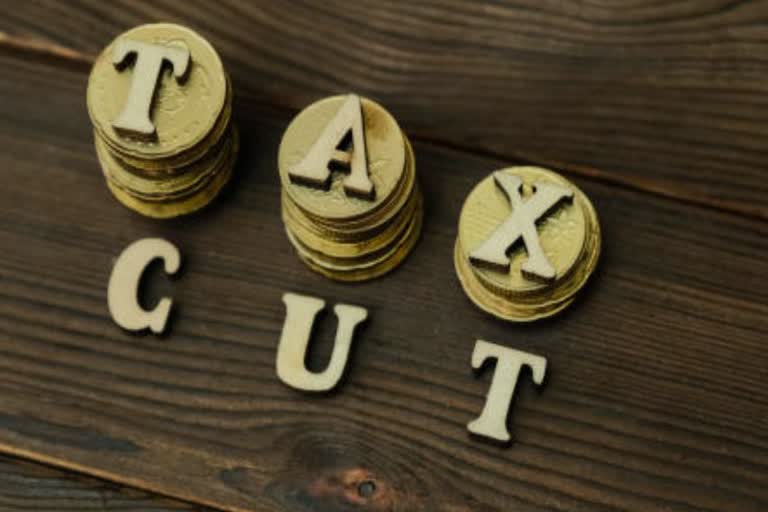New Delhi: Industry chamber CII on Friday suggested that the government should reduce the personal income tax rate and slash corporate tax further to 15 per cent for all companies over three years to boost demand and propel growth.
In a pre-Budget consultation meeting with Revenue Secretary Ajay Bhushan Pandey, the Confederation of Indian Industry (CII) recommended focusing on providing impetus to consumption and investment.
CII suggested that in order to bring about uniformity, all corporate tax rates should be converged to 15 per cent with no exemptions and incentives over a period of three years till 2023.
The government in September reduced the corporate tax from 30 per cent earlier to 22 per cent for all companies and 15 per cent for new manufacturing units to boost economic growth which fell to over six-year low of 4.5 per cent in the second quarter of the current fiscal. Companies opting for new lower tax rates will not be entitled to any exemptions or deductions.
"A signalling to this effect in the budget could help further boost investor sentiment and encourage investments," the industry body said.
It also recommended boosting consumer sentiment by putting more disposable income in consumers' hands and giving direct cash benefit of Rs 4,000 to farmers to propel spending.
CII said there is a need for creating fiscal space for investment in infrastructure, enhancing rural demand, boosting private investments, augmenting government revenue and bridging the trust deficit.
"In order to boost consumption demand, it is important to enhance the disposable income of people especially at the bottom of the pyramid. Hence, the government should reduce personal income tax rates to enhance disposable income. This will increase household demand as well as enhance sagging household savings," CII said.
It also suggested that the Central Board of Direct Taxes (CBDT) can constitute an expert panel of mediators comprising retired senior tax officials and experienced professionals who can mediate and try to resolve tax disputes at the assessment stage itself in a time-bound manner.
